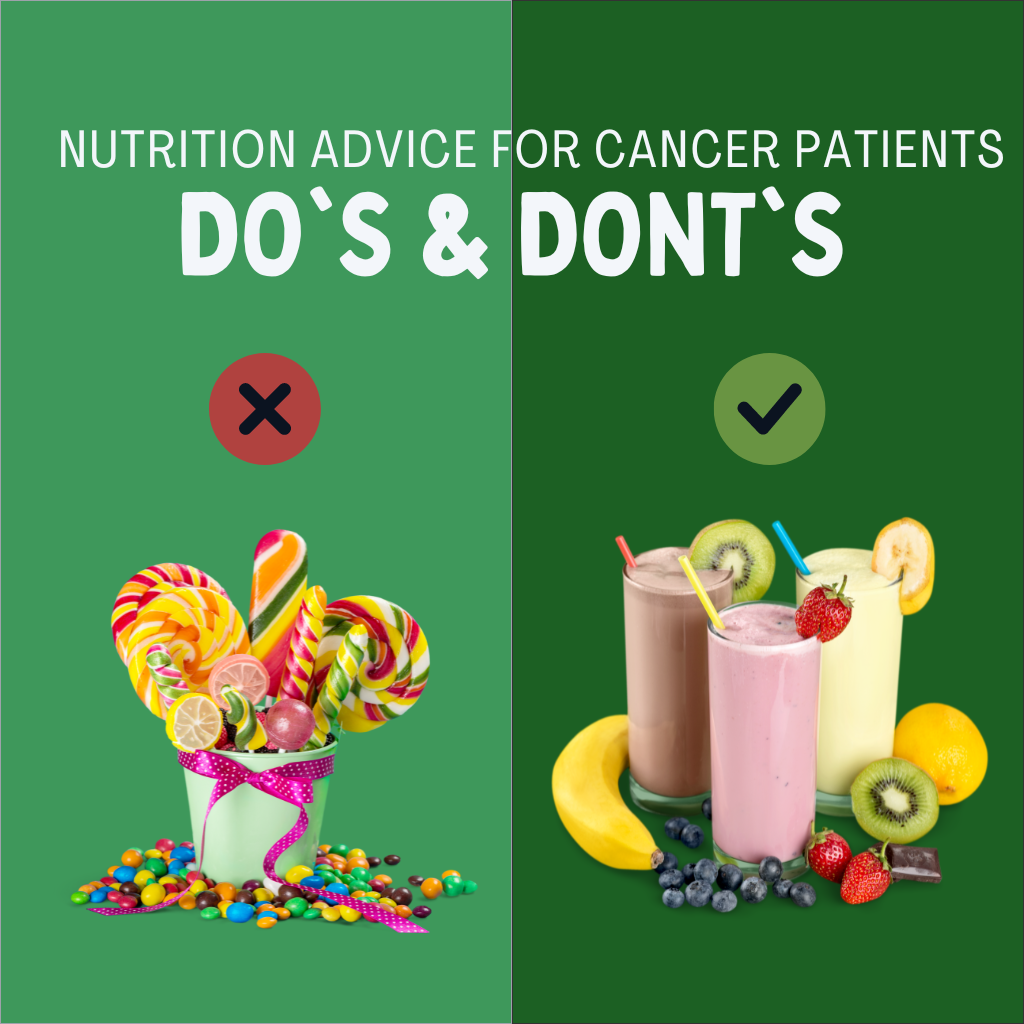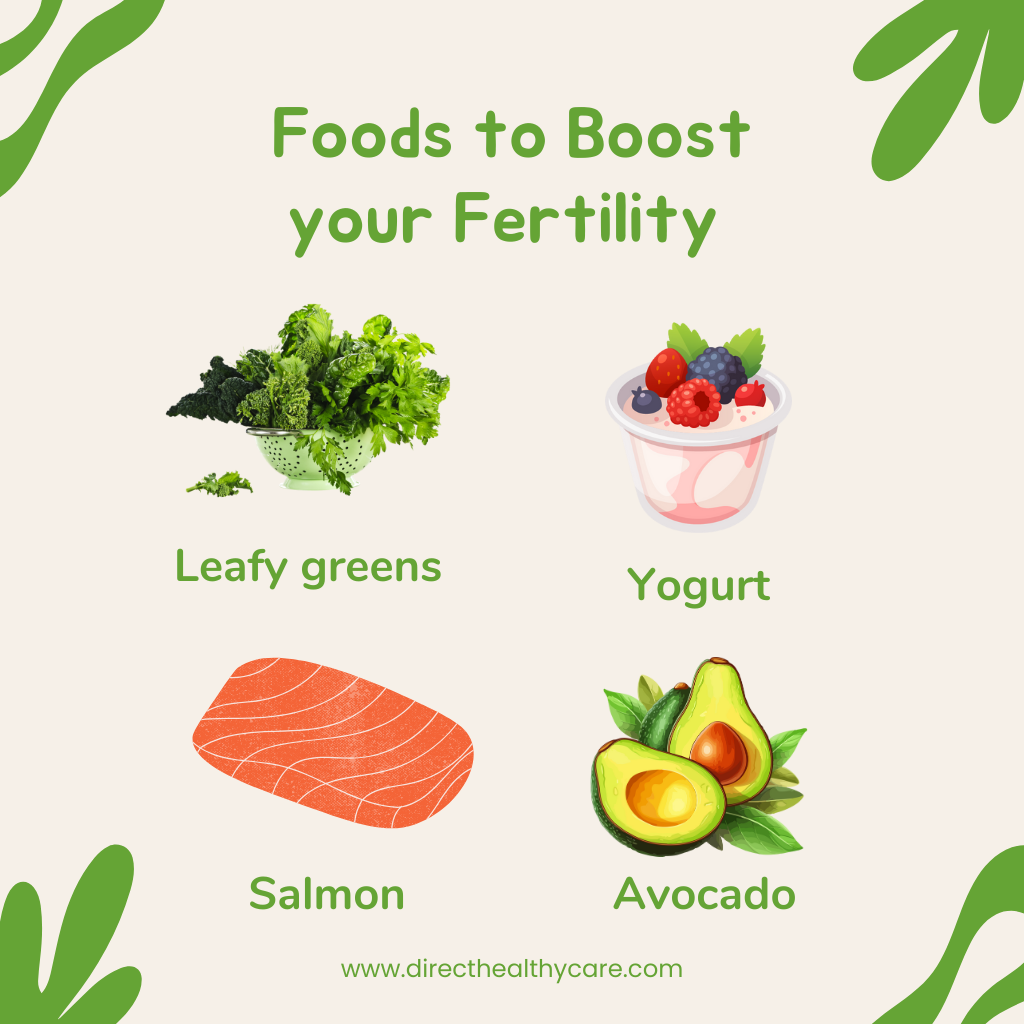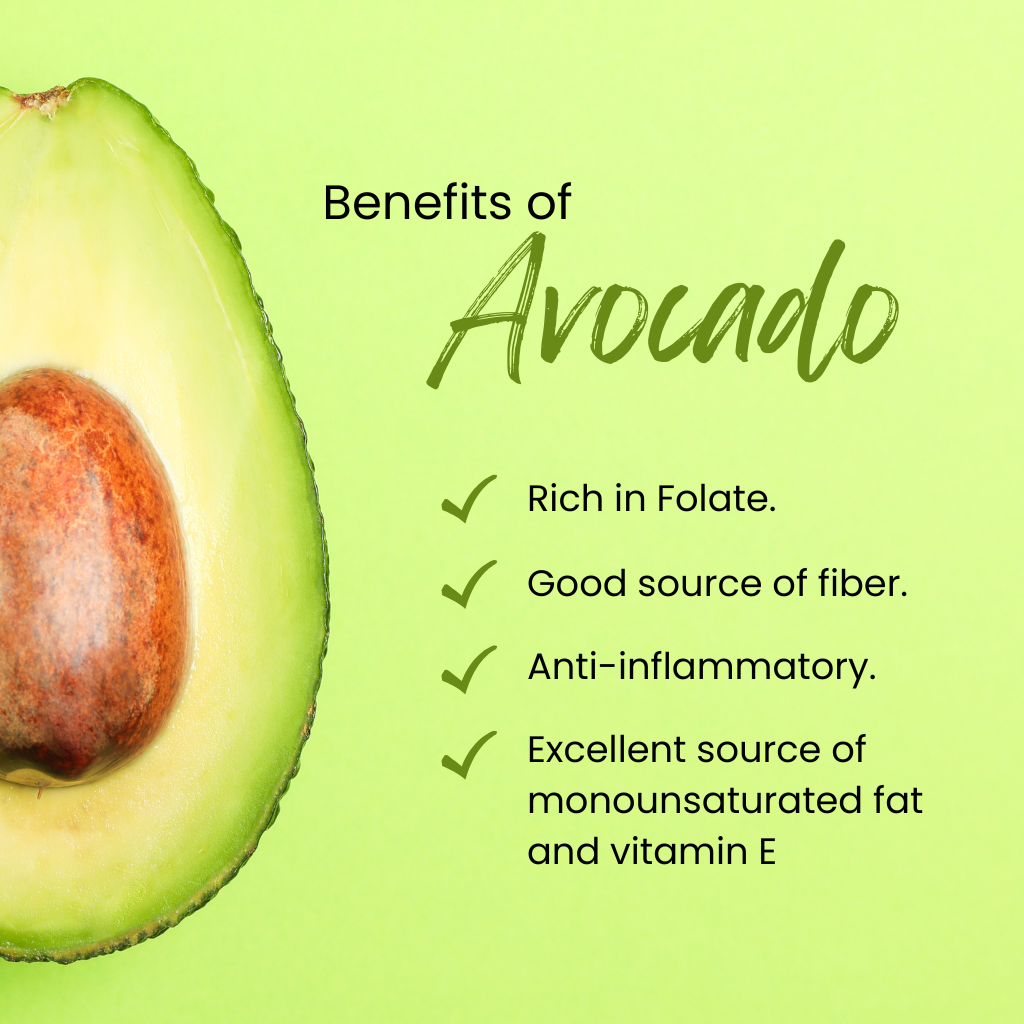Nutrition advice for cancer patients

Nutrition advice for cancer patients
Cancer patients’ care needs to include nutrition as it can have a very significant impact on their general health, how well they withstand treatment and the kind of life that they live. Below are some pieces of advice and simple guidelines on nutrition during cancer therapy:
Principles
1. Balanced diet:
This should be aimed at having meals that are balanced so as to have a variety of foods with essential nutrients. Concentrate on consuming fruits, vegetables, whole grains cereals, lean proteins and healthy fats.
2. Calorie needs:
It is possible for the presence of cancer as well as its management to raise the amount of calories your body requires. Ensure you obtain enough calories to help maintain a healthy weight.
3. Protein intake:
Proper protein is important in healing and keeping muscle mass. These may comprise of lean meats, poultry, fish, eggs, dairy products like milk or cheese, legumes like peas or lentils together with nuts in dietary.
4. Hydration:
Take plenty of fluids so that you do not become dehydrated. Some good choices include water herbal teas and clear broths Avoid sugary drinks and limit caffeine and alcohol consumption.
5. Small frequent meals:
Smaller more regular meal eating can help manage appetite changes among other symptoms such as feeling full or being nauseous.
Managing Specific Symptoms
Nausea and Vomiting:
- Go for meals small but bland (e.g., crackers, toast, rice).
- Stay away from fatty, spicy, or too sweet foods.
- Consider trying ginger tea or ginger candies.
Loss of Appetite:
- If not hungry, snack on foods high in calories and proteins.
- When eating, choose nutrient-dense foods like smoothies, nuts, seeds and avocado
- do not drink large amounts of liquids with meals so as to prevent yourself from feeling too full.
Taste Changes:
- When dealing with taste changes try different flavors and seasonings.
- If your mouth has a metallic taste consider using plastic utensils.
- It is possible that cold or room-temperature foods might taste better.
Mouth Sores:
- Opt for soft and moist food choices such as yogurt, mashed potatoes or smoothies.
- Stay away from acidic, spicy or rough-textured foods.
- Make sure to rinse your mouth before and after meals with either a saltwater or baking soda solution.
Diarrhea:
- Keep yourself hydrated and think about taking oral rehydration solutions.
- Consume low-fiber and easily digestible foods like bananas, rice, applesauce and toast (BRAT diet).
- Do not include high-fat, fried items or dairy products in your diet.
Constipation:
- There are several ways to increase fiber intake which include consuming fruits, vegetables, whole grains, and legumes.
- Apart from that also ensure you take plenty of fluids
- Take part in regular physical activity whenever possible.
Nutritional Supplements
It is advisable to first talk to your healthcare provider before taking any vitamins or supplements as some supplements can interfere with cancer treatments or have side effects.
Specialized Nutritional Support
Registered Dietitian: Seeking help from a registered dietitian who specializes in oncology nutrition is a good idea as they can offer personalized advice and meal planning.
Feeding through a tube (enteral nutrition) or through an injection (parenteral nutrition): these are to be used sometimes, in case the intake by mouth is not enough.
Emotional and Social Aspects
One such approach is Support Groups: Consider joining a cancer support group where you can receive emotional support and learn practical tips from others who are on a similar journey.
Another approach is Mindful Eating: Use mindful eating techniques as part of your mealtime experience which would help you relish food better and develop hunger.
Additional Resources
American Cancer Society and National Cancer Institute: Both organizations offer comprehensive resources and guidelines on nutrition for cancer patients.
Cookbooks and Recipes: There are cookbooks specifically designed for cancer patients, offering recipes that address common side effects of treatment.
Each cancer patient’s nutritional needs and tolerances can vary widely, so it’s essential to tailor dietary strategies to individual circumstances. Regular communication with healthcare providers, including oncologists, dietitians, and other specialists, is key to optimizing nutrition during cancer treatment.
Foods to Boost Fertility
Discover foods to boost fertility, learn how nutrition impacts reproductive health & get tips for a…
Avocado benefits
discover the incredible Avocado Benefits! from heart health and glowing skin to improved digestion and brain…
Is Cervical Cancer Genetic?
Cervical cancer isn't usually hereditary, but genetic susceptibility, HPV infection, and lifestyle factors influence risk. Prevention…









